Heart healthy grape juice reduces platelet aggregation – when platelets clump together resulting in a potentially deadly blood clot that can cause heart attack – according to a study published in The Journal for Nutrition.
Platelet aggregation is good when you cut your finger. The disc-shaped platelets in your blood detect the injury and clump together to form a clot and stop the bleeding. But you don’t want platelets clumping together in your arteries.
Before we get to the grape juice, here is a brief primer on platelet aggregation and how it influences cardiovascular disease.
Platelet Aggregation and Cardiovascular Disease
“In cardiovascular disease, abnormal clotting occurs that can result in heart attacks or stroke. Blood vessels injured by smoking, cholesterol, or high blood pressure develop cholesterol-rich build-ups (plaques) that line the blood vessel; these plaques can rupture and cause the platelets to form a clot. Even though no bleeding is occurring, platelets sense the plaque rupture and are confused, thinking that an injury has taken place that will cause bleeding. Instead of sealing the vessel to prevent bleeding as would occur with a cut, a clot forms in an intact blood vessel, causing a blockage of blood flow. Without blood, a portion of the heart muscle can die, leading to a heart attack.” – David Gregg and Pascal J. Goldschmidt-Clermont, Circulation
To reduce the risk of this happening to someone at high risk of cardiovascular disease, antiplatelet drugs that inhibit platelet aggregation are often prescribed. The one you may be most familiar with is the humble aspirin. Aspirin is cheap and does the job, but it can also cause gastrointestinal (GI) intolerance and GI bleeding.
For a time, a large segment of the US population was taking a daily baby aspirin as a preventive measure. But the risk of bleeding outweighs the benefits for certain groups. The American Heart Association and American College of Cardiology no longer recommend aspirin for cardiovascular disease prevention in adults aged 70 and older or for those with a higher risk of bleeding, like those with stomach (peptic) ulcers.
A heart healthy whole food plant-based diet has been proven to prevent and even reverse cardiovascular disease. And fresh juices can be part of that heart healthy diet.
Grape Juice as Good as Aspirin?
Researchers recruited 10 healthy people (5 men and 5 women) from the University of Wisconsin community. In their randomized cross-over study, each of the participants drank purple grape juice, orange juice or grapefruit juice for one week, with a 1-week washout period in between.
Drinking about 2 cups of purple grape juice for 1 week reduced the whole blood platelet aggregation response to 1 mg/L of collagen by 77%. Orange juice and grapefruit juice had no effect on platelet aggregation.
The degree of platelet inhibition resulting from grape juice consumption in this study is similar to that reported for aspirin!
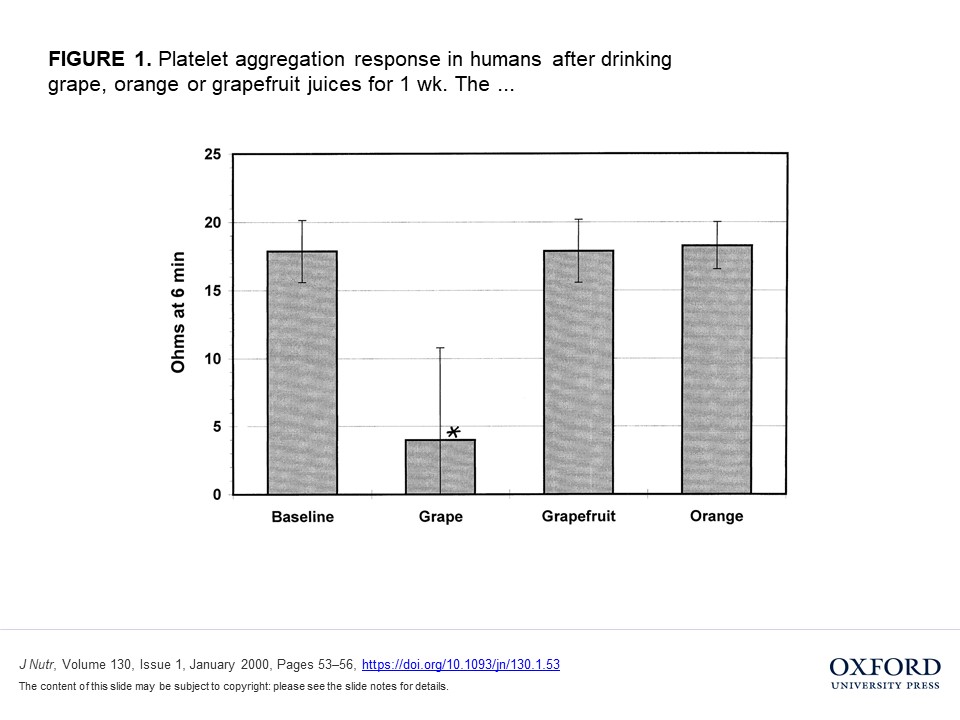
FIGURE 1. Platelet aggregation response in humans after drinking grape, orange or grapefruit juices for 1 wk. The y-axis shows the platelet aggregation in ohms, 6 min after exposure to 1 mg/L of collagen. Data after consumption of each juice are compared to baseline using a paired two-tailed t test. *Significantly different from baseline, P = 0.0002. Values are means ± SD, n = 10. © 2000 The American Society for Nutritional Sciences
Heart Healthy Flavonols
How does grape juice work? Researchers believe the flavonols in grape juice may be the reason that it is so effective. This fits with other research that demonstrated that diets high in the flavonoids quercetin, kaempferol, myricetin, luteolin and apigenin are inversely related to the incidence of heart attack. Quercetin and kaempferol are found in grapes. Of course, it’s always possible that some other compound in grape juice is responsible for the strong platelet inhibition.
The study authors concluded that the “results suggest that purple grape juice or its constituents may have a role in preventing the development and progression of CAD [coronary artery disease]” and that “the platelet inhibitory effect of the flavonoids in grape juice may decrease the risk of coronary thrombosis [formation of a blood clot inside the artery of the heart] and myocardial infarction [heart attack.]”
NOTE: If you are taking aspirin or another antiplatelet medication prescribed by your doctor, do not discontinue it on your own. Always consult with a qualified physician before making changes to medication or diet.
Ready to make some fresh, delicious grape juice?
Here’s a heart healthy grape juice blend recipe: Garnet Cabbage Grape Juice
You may also want to check out the Healthy Heart Juicing Jumpstart, with printable juice recipe cards, guides and a workbook to help ensure your juicing success.

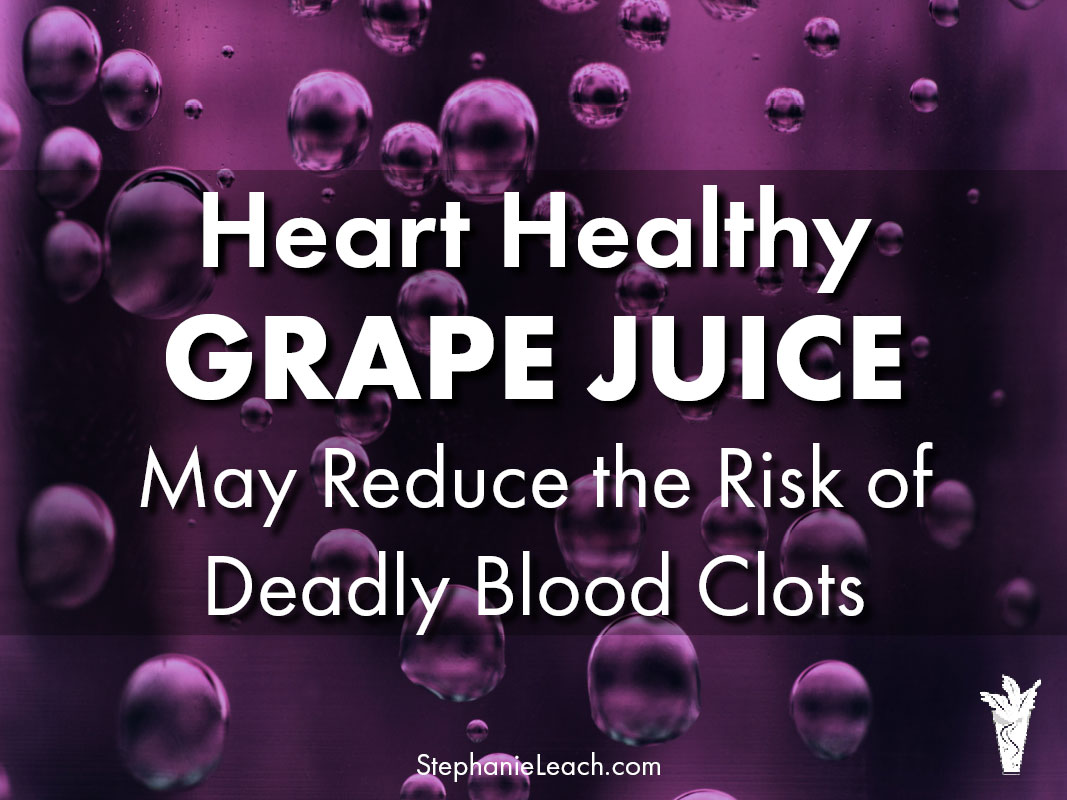



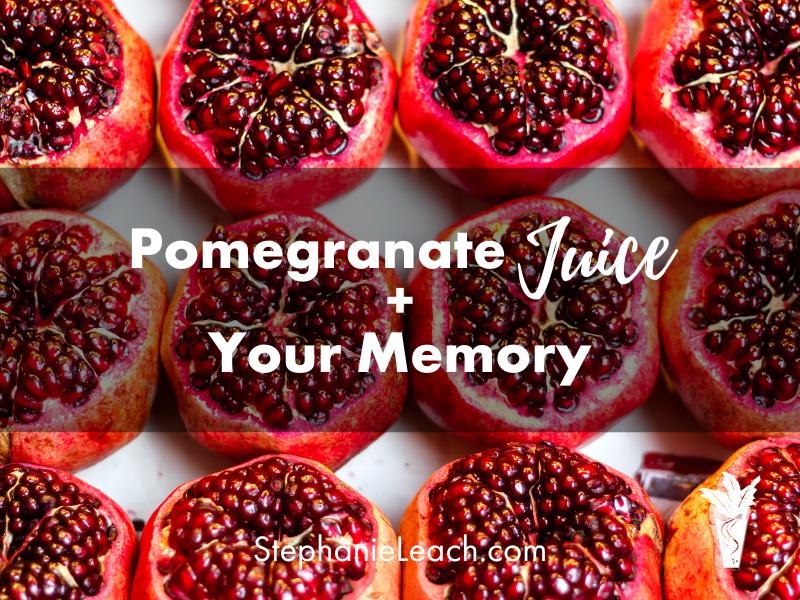
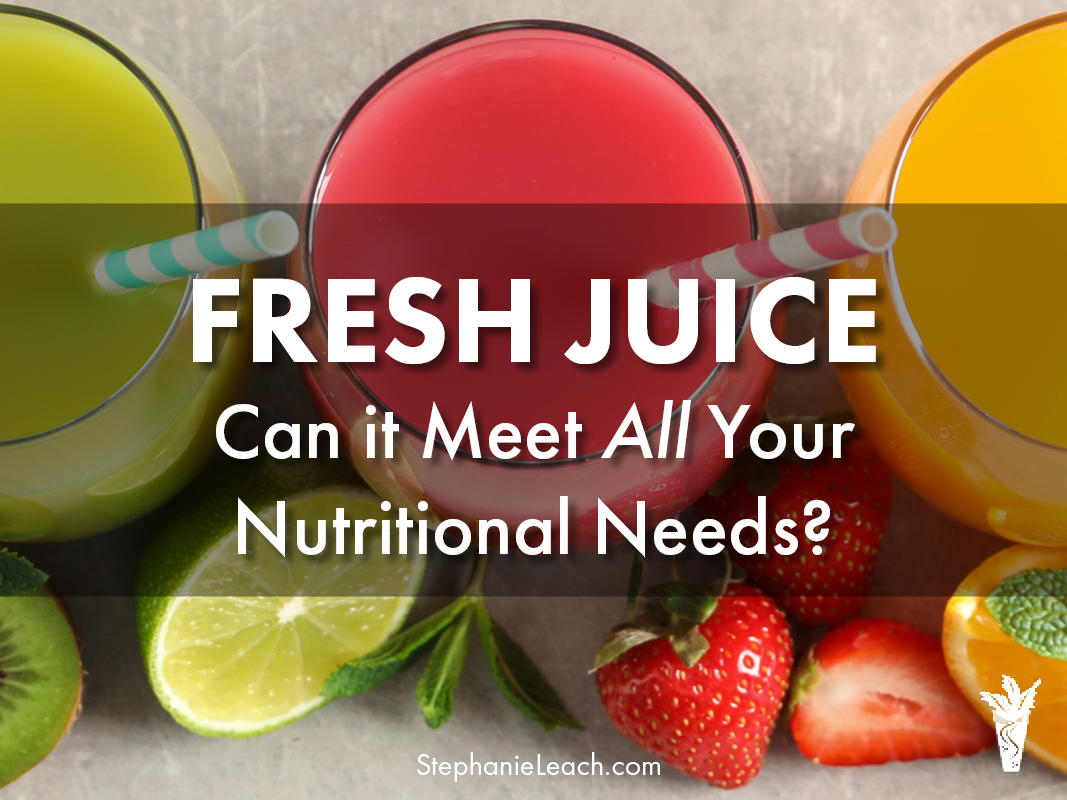
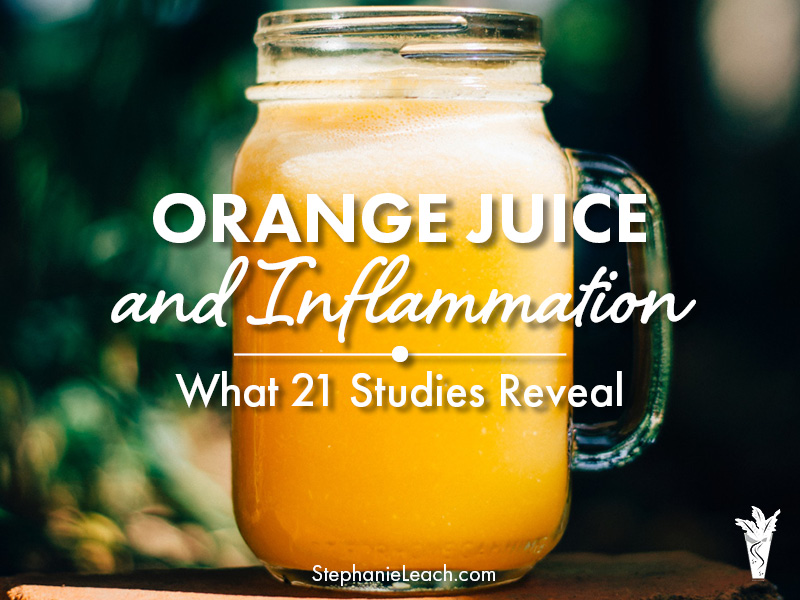
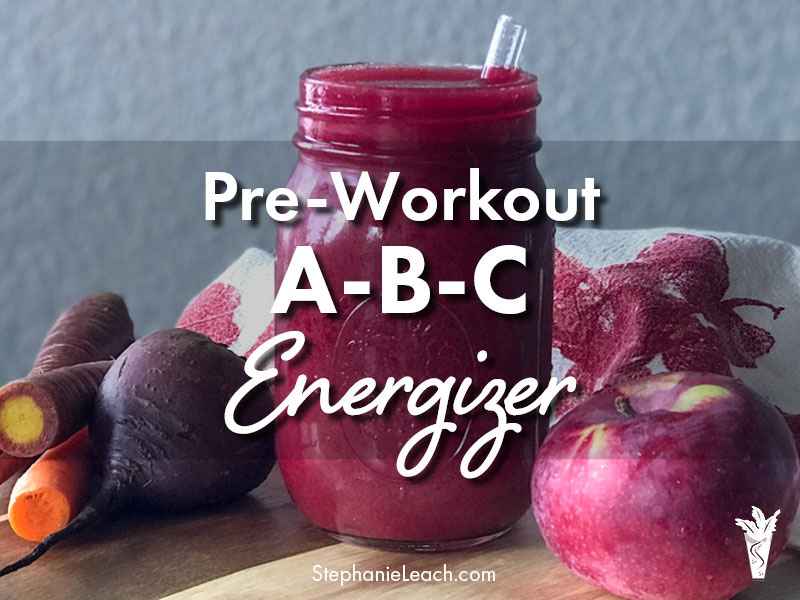
Leave A Comment